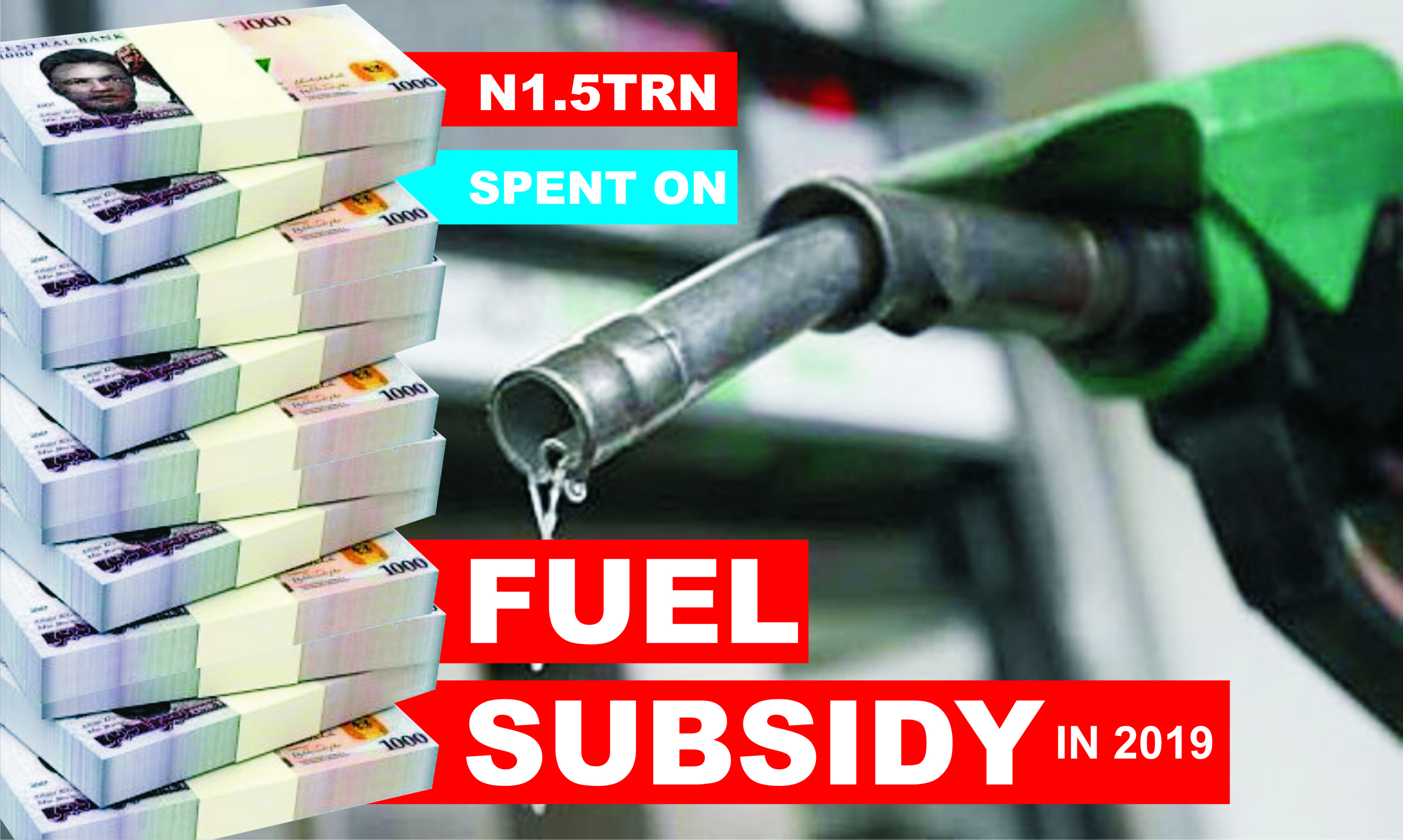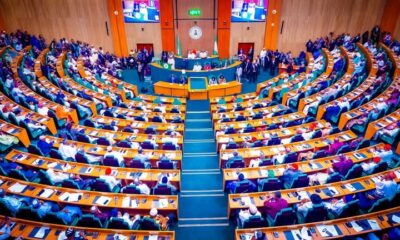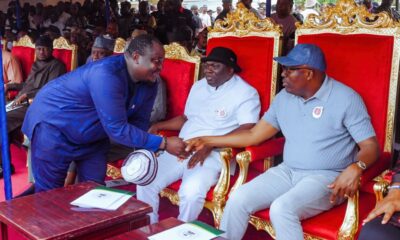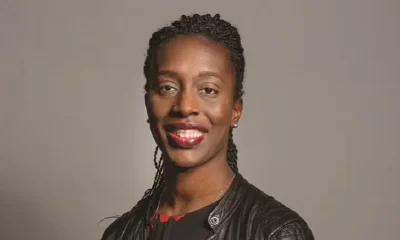Business
Prepare Nigerians For Subsidy Removal, Stakeholders Urge FG

Some Nigerian stakeholders have urged the Federal Government (FG) to prepare the Nigerian masses for higher fuel prices that will follow the removal of the petrol subsidy in the years ahead.
Some of the stakeholders who interacted with The Tide on the subsidy removal said it is the responsibility of the government, economic think-tanks, the media, and labour unions to prepare Nigerians for post-subsidy fuel prices coming ahead.
While some fingered the government, others said it was the responsibility of all, particularly labour unions, media and economic think-tanks.
An Economist with UT Finance Limited, Dr Dennis Chukwu, in his response to the issue, said there is need to properly communicate to Nigerians on the planning for what is going to be a major change in the system.
He said a collective effort was required from the perspective of government in terms of a policy reform.
”And, the media, as one of the most powerful tools that can communicate change, and articulate the right message to support necessary adjustments to a post-fuel subsidy Nigeria”, he said.
Also responding seperately, a developmental economist, Joseph Ameh, said Economic Think-Tanks have a role in explaining the economic implications to Nigerians, especially for those at the “bottom of the pyramid”, who constitute the masses.
According tohim, it is basically the job of the government to explain to the public why, and how the policy will be carried out, to reassure to the people.
“If government is not taking the lead in this, then it is not going to work. We do not have enough revenues to service our debts. Our revenues are down because we are paying subsidies and NNPC has remitted little to nothing to the Federation Account.
“The government is violating the Fiscal Responsibility Act. If there is no political will from the government, then we will still be talking about fuel subsidies next year.” he said.
Meanwhile, dwindling national resources has taken a huge toll on the economy with the government suggesting harsher fiscal times to come in 2023, if fuel subsidies are retained.
The Minister of Finance and National Planning, Zainab Ahmed, had said the government’s budget deficit was expected to exceed N12.42 trillion if petroleum subsidies were maintained for the entire 2023 fiscal cycle.
Ahmed had disclosed this while appearing before the House of Representatives Committee on Finance to defend the 2023-2025 Medium Term Expenditure Framework (MTEF) and Fiscal Strategy Paper (FSP).
She said the Federal Government planned to borrow over N11 trillion and sell national assets to finance the budget deficit in 2023.
On his part, an Associate Professor of economics at the Federal University, Wukari, Taraba State, Frank Michah, while speaking to aviation correspondents at the Port Harcourt International Airport recently on the state of Nigerian economy, had said Nigeria’s revenue to GDP is nine per cent, while Ghana’s is 13 per cent, noting that Nigeria is seven times Ghana’s population of 31 million.
According to him, Kenya and Angola have revenue-to-GDP ratios of 16.6 per cent and 20.9 per cent respectively, adding that Nigeria does not also collect enough taxes as its tax to GDP is nine per cent, with the least recorded in 2016.
By: Corlins Walter
Business
Tinubu’s RHI Doles Out N50m To 1,000 Kwara Petty Traders

Business
UBA To Educate SMEs, Business Owners On Withholding Tax

Business
Nigeria Losing $40b Annually From Maritime Sector – NIMENA
-

 News5 days ago
News5 days agoViolation: JAMB Suspends Law Programme In 8 Institutions
-

 Politics5 days ago
Politics5 days ago2025 Budget: Reps Dismisses Bribery Allegations
-

 Rivers5 days ago
Rivers5 days agoNot Too Young To Lead Founder Extols Fubara’s Virtues
-
Nation5 days ago
EFCC Vs Yahaya Bello: Court Adjourns To April 3 As First Witness Testifies
-

 News5 days ago
News5 days agoUK Appoints British-Nigerian As Trade Envoy To Nigeria
-

 Business5 days ago
Business5 days agoFG Issues 25-year Licence To 10 Gas Distribution Coys
-
News5 days ago
FG Deports 828 Illegal Immigrants, Tightens Border Security
-
Rivers5 days ago
Holy Ghost Rally, Source Of Blessings-Fubara

